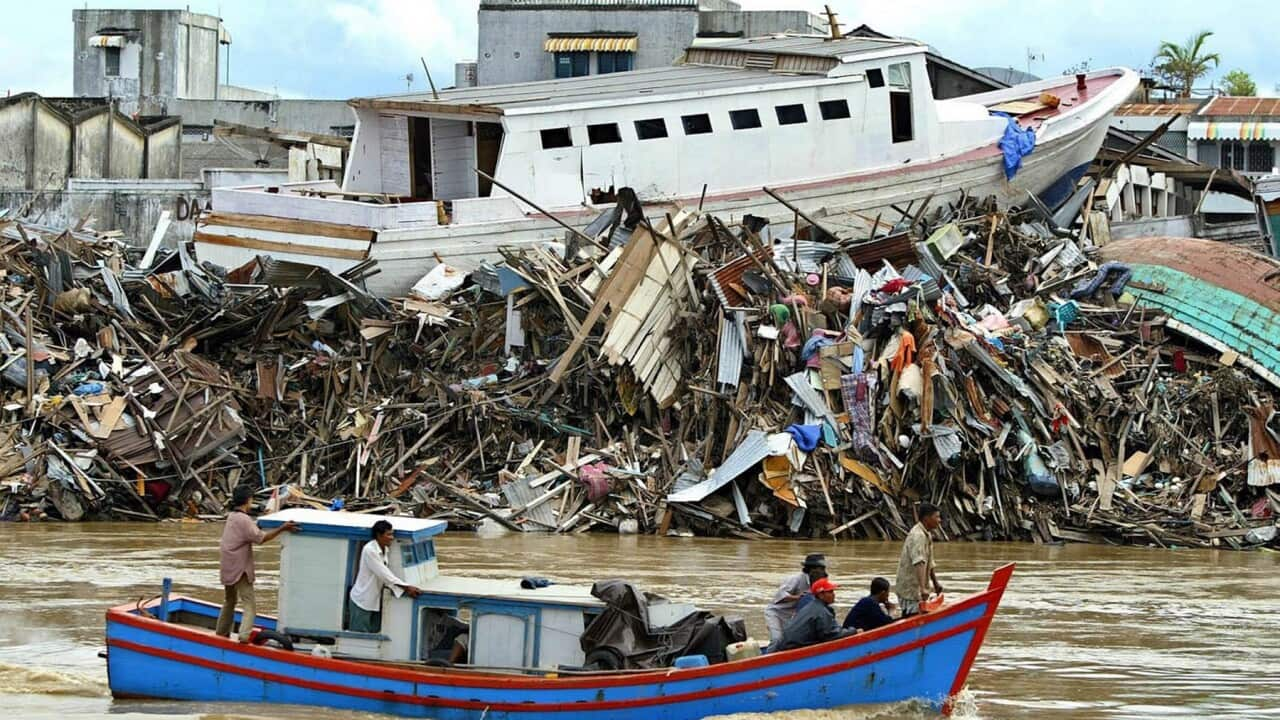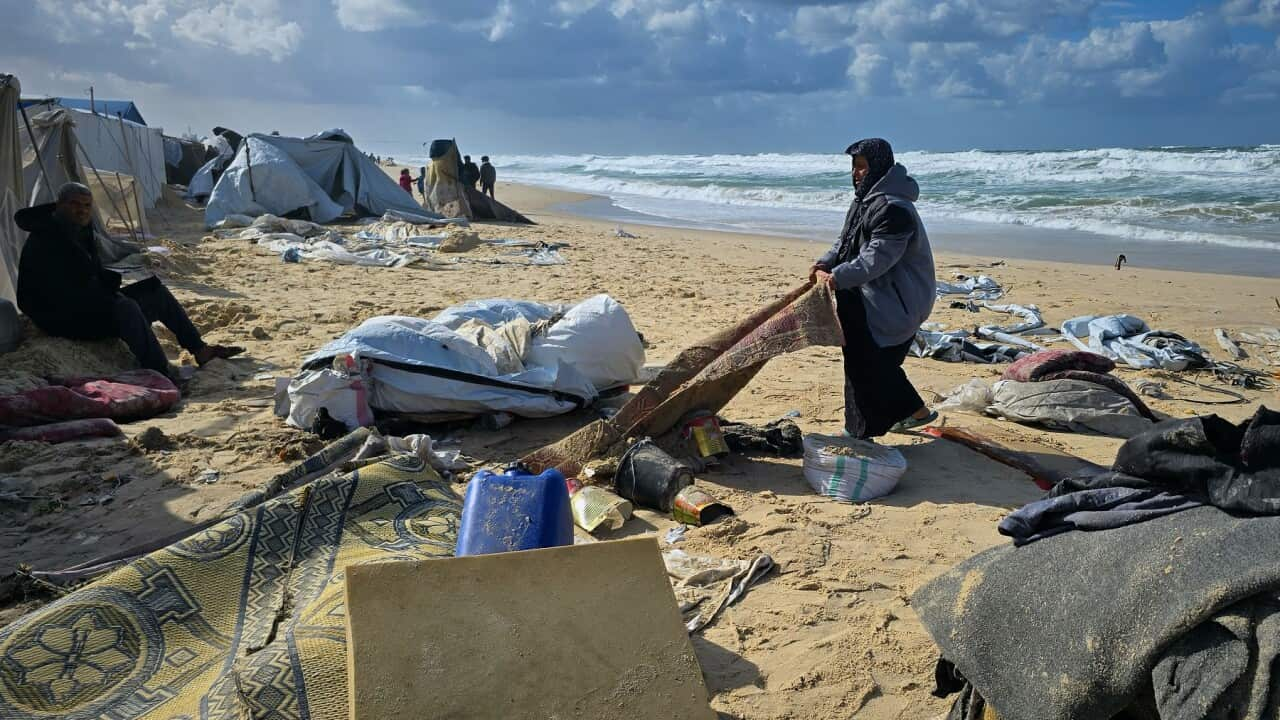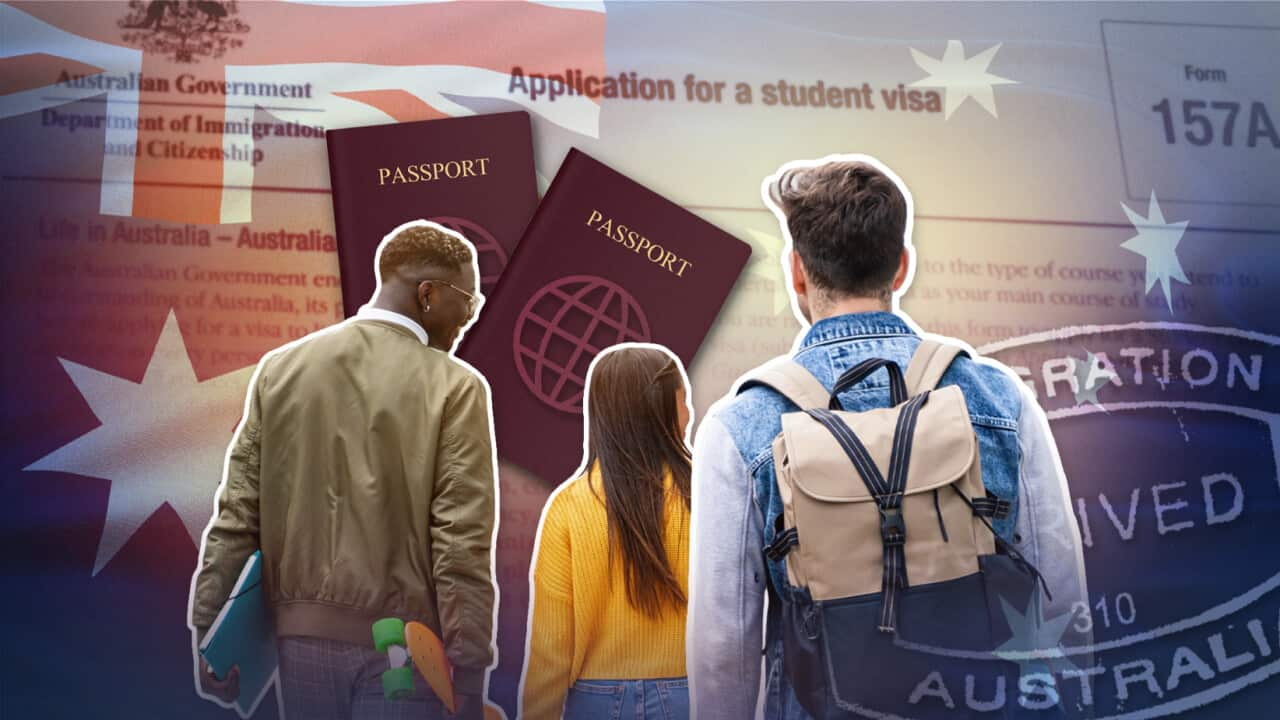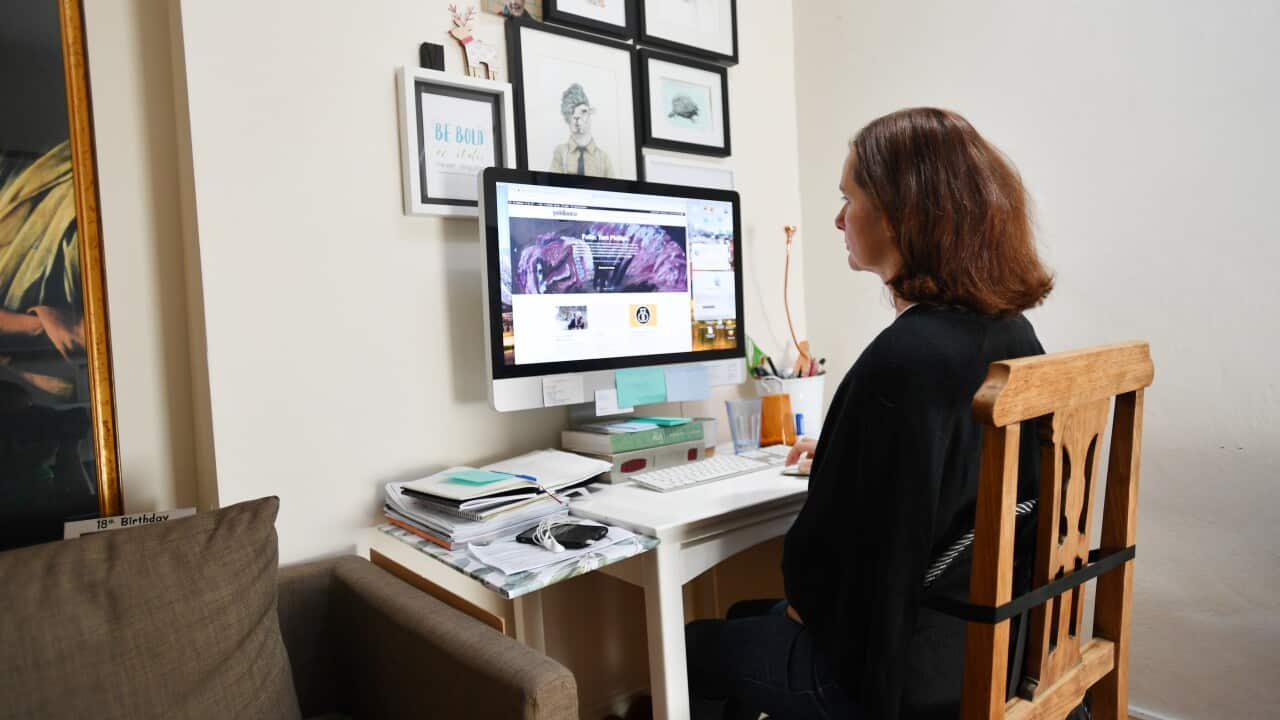TRANSCRIPT
Prime Minister Anthony Albanese is pushing back against US calls for countries in the Asia-Pacific to increase defence spending to five per cent of GDP.
"Ah, no, what we'll do is we'll determine our defence policy, and we've invested, just across the forwards, an additional ten billion dollars in defence. What we'll do is continue to provide for investing in our capability, but also investing in our relationships in the region."
It follows controversial comments from US Secretary of State Pete Hegseth at the Shangri-la defence forum in Singapore.
He says it's credible China is potentially preparing to use military force to alter the balance of power in the Asia-Pacific.
Speaking at the same forum defence minister Richard Marles defended Australia's defence spending.
"I mean, the Americans have been very clear about wanting to see more from their friends and allies around the world. It's a sentiment that we understand, and as I've repeatedly said, that's a conversation we are totally up for in terms of the way in which we engage with the United States. And as I said, I think on Friday, in our bilateral meeting Secretary Hegseth did raise the question of increased defence expenditure on the Australian side. Of course we have already engaged in the last couple of years in the single biggest peacetime increase in defence expenditure in Australia's history, so we are beginning this journey."
Australia currently spends roughly 2 per cent of its GDP, or $56 billion dollars, on defence, and the government says this will grow to 2.35 per cent by 2034.
Coalition finance spokesperson James Paterson told Sky News that's not enough.
"They don't plan to increase defence spending until the end of the decade, and that doesn't meet the challenge of the moment. One of the policies I was most proud of that we took to the last election was to increase defence spending to two and a half percent of GDP within five years and to three percent of GDP within a decade. That reckons with the environment that we are dealing with in our own region, it takes it seriously, and it responds to it to make sure that we can safeguard our own sovereignty and our own freedom."
Defence isn't the only test to relations with Australia's closest ally.
The Prime Minister is also facing renewed pressure to secure an exemption against steel and aluminium tariffs.
US President Donald Trump has just announced these will be doubled from 25 to 50 per cent.
Anthony Albanese is expected to raise the matter with Mr Trump if they meet on the sidelines of the G7 later this month.
Nationals leader David Littleproud has told Chanel 9 it's important Australia secures exemptions.
"We have a compelling case to have a carve out, even if you take away insanity of these tariffs as a whole, because of our relationship, and the check, we just dropped for submarines with the United States."
Climate Change and Energy Minister Chris Bowen told the ABC Australia hasn't ruled out taking the issue to the World Trade Organization.
BOWEN: "We will consider all options available to defend the best interest of Australian industry."
JOURNALIST: "So, that is an option?"
BOWEN: "Well, self, evidently, it's an option but I'm not going to pre-empt discussions. The first, the first port of call is to make the strongest possible representations at all levels to the United States, and hope that we can avoid the issue in the first place."
Raising the dispute in the World Trade Organization is seen as unlikely given Australia is not alone in being slapped with US tariffs.
Recent rulings from US courts have also cast doubt on the president's power to level some tariffs, including reciprocal and baseline levies.
Those finding are being appealed by the administration, and don't apply to sectoral tariffs, but they do underscore the uncertainty of a situation which continues to rock global markets.













